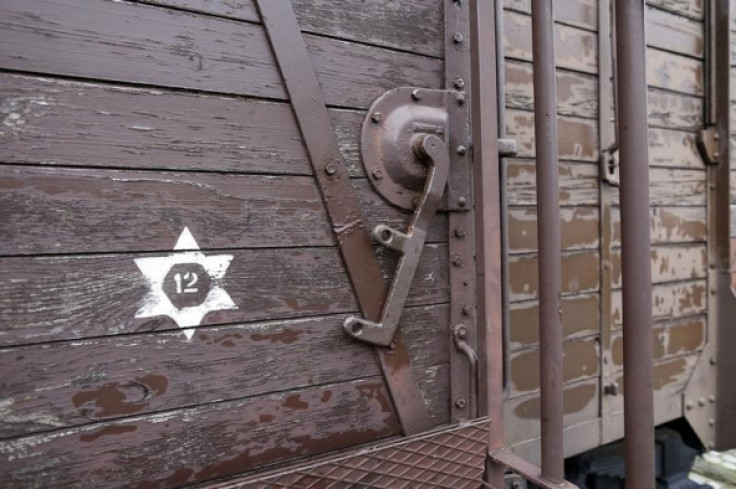France to pay Holocaust victims $60m

France will pay $60m (£39m) to victims of the Holocaust who were transported to Nazi death camps by the French state rail company, SNCF.
In a joint statement on 3 November, France and the US announced the finalisation of a compensation agreement that had been drafted in December 2014, after years of legal wrangling.
"This is the fist time a Western ally in World War II has made Holocaust-related payments to survivors in Israel, the US or any foreign country," Stuart Eizenstat, the special advisor to the US secretary of state on Holocaust issues, told the Jewish Telegraphic Agency.
The settlement agrees on the creation of a fund to compensate thousands of non-French citizens and their relatives who were not compensated under a 1946 French scheme.
"The United States will administer and distribute this amount to eligible Americans, Israelis and other foreigners and their families who were not entitled to make claims under the existing French program," said the statement by the US State Department and the French foreign ministry.
"In turn, the United States will ensure an enduring legal peace for France with regard to Holocaust deportation claims in the United States," it said, alluding to lawsuits against SNCF brought in the US.
SNCF transported 76,000 Jews across France to the German border, from where they were taken to death camps in Nazi-controlled central and eastern Europe between 1942 and 1944. About 3,000 survived.
Eizenstat said that compensation would be up to $100,000 per claimant, depending on how many people qualified.
Several US states suspended contracts with SNCF until the compensation dispute was resolved. There have been calls for the company, which is a major exporter of rail cars, to compensate victims and their families directly.
SNCF has acknowledged the role it played in the Holocaust, and offered a public apology. It has supported Holocaust research and remembrance events.
© Copyright IBTimes 2024. All rights reserved.






